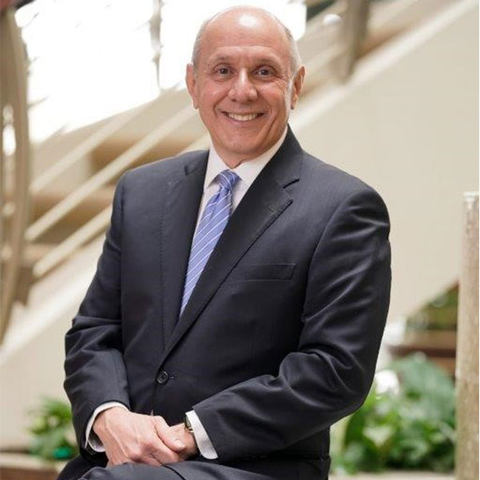Peace of mind. It is an anxiety-free state that everybody seems to prize. Not having to worry about the future can free us up to pursue our potential, and to enjoy what Thomas Jefferson memorialized as the pursuit of happiness.
There are many paths to peace of mind. The challenge for all of us is making a distinction between true peace of mind and self-delusion. It has been said that ignorance is bliss. There are times when we do our best to ignore warning signs or observations that do not put us in the best possible light.
The denial or avoidance of useful information can prove unprofitable, or, at its extreme, fatal. Many people avoid seeing a physician for years because they do not want to be told that something is wrong with them. Their denial of reality may temporarily give them some peace of mind, but many times it is what they don’t know that can harm them.
In the realm of personal finance, one of the best ways to delude yourself into a sense of false security is to avoid looking at your account statements. The drawer is the preferred tool for people who want to kid themselves about how well they may be doing. We often see prospective clients who are anxious about the state of their personal portfolios, but are supremely confident about the status of their 401(k) accounts. The accounts may be invested in a similar fashion; however, they may look at their brokerage account much more often than their 401(k) plan.
People may implicitly trust their financial advisor, rather than partnering with them to manage their financial life. The best way to ensure that the peace of mind you feel from working with your financial advisor is not misplaced trust is to insist on transparency and full disclosure of all fees, as well as conflicts of interest. As President Ronald Reagan used to say, “Trust, but verify.”
PLEASE SEE IMPORTANT DISCLOSURE INFORMATION HERE.




